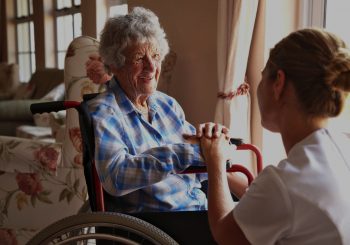
Coffee is one of the most widely consumed beverages in the world, and beyond its familiar boost in energy and alertness, growing scientific evidence suggests that regular coffee consumption may support long-term brain health and potentially reduce the risk of Alzheimer’s disease and other forms of dementia.
While coffee is not a treatment or a preventive guarantee, multiple large-scale observational studies have demonstrated an association between moderate coffee intake and lower rates of cogni...
Read More
Read More








